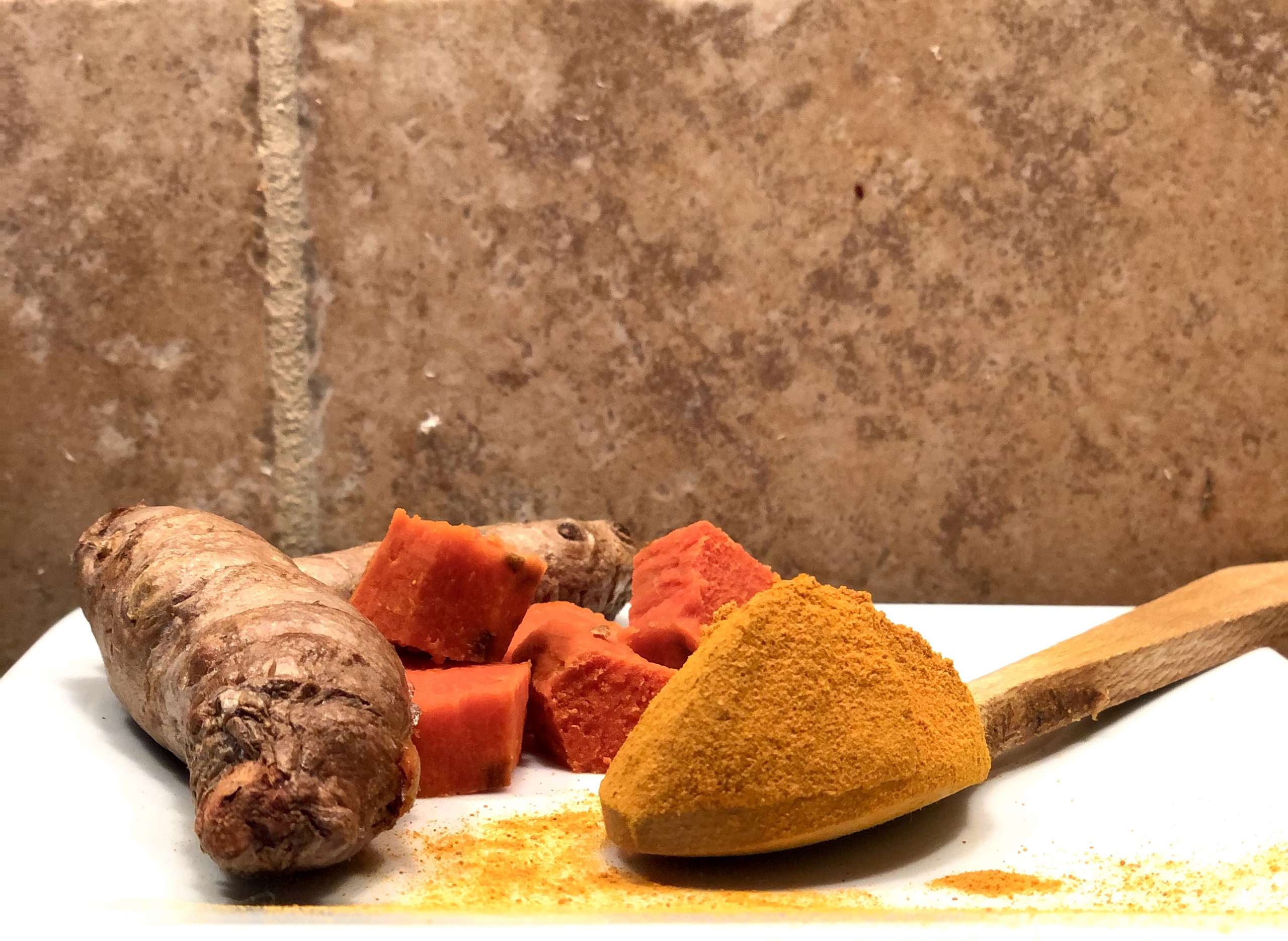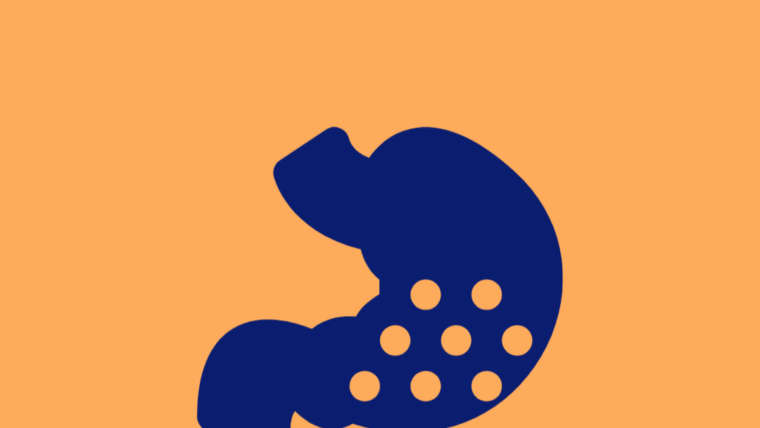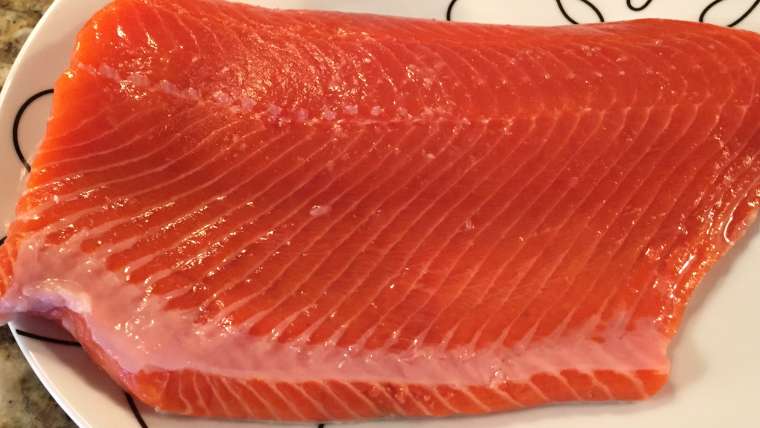Curcumin
Turmeric (Curcuma longa) a member of the ginger family historically has been used as a culinary spice and to treat a variety of conditions for 4000 years. Turmeric root provides over 200 identified benificial nutrients and research indicates that turmeric may help fight infections, some cancers, reduce inflammation, treat digestive problems and preserve memory in people with Alzheimer disease. Turmeric, a plant in the ginger family, is native to Southeast Asia and is grown commercially in that region, primarily in India. Its rhizome (underground stem) is used as a culinary spice and traditional medicine. Historically, turmeric was used in Ayurveda and other traditional Indian medical systems, as well as Eastern Asian medical systems such as traditional Chinese medicine. In India, it was traditionally used for disorders of the skin, upper respiratory tract, joints, and digestive system. Turmeric is promoted as a dietary supplement for a variety of conditions, including arthritis, digestive disorders, respiratory infections, allergies, liver disease, depression, and many others. Curcumin may be equally as effective as (and less expensive than) Non-Steroidal Anti-Inflammatory Drugs (NSAIDs) for the treatment of Inflammation. Curcumin gives turmeric its yellow color.
Health benefits
– May help to prevent and treat Atherosclerosis
– May inhibit abnormal blood clotting by inhibiting Platelet Aggregation and by lowering elevated Fibrinogen levels
– may reduce the toxic effects of Ischemia injury in the Brain after Stroke
– May help to prevent or treat Colitis
– May alleviate Diarrhea in Acquired Immune Deficiency Syndrome (AIDS) patients
– May help to reduce Intestinal Permeability
– May lower elevated Tumor Necrosis Factor (TNF) levels
– May help to prevent Gastric Ulcers
– May alleviate Irritable Bowel Syndrome (IBS)
– May alleviate Ulcerative Colitis
– May alleviate pancreatitis
– May reduce Kidneys damage that occurs in Diabetes Mellitus patients (Diabetic Nephropathy)
– May help to prevent/treat Cancer ( Bladder, Brain, Breast, Colon, Duodenum, Stomach, Cervix, Endometrium, Overies, Esophagus, Liver, Pancreas, Lung, Leukemia)
– May inhibit Helicobacter Pylori
– May increase the production of Antibodies
– May increase the production of White Blood Cell
– May possesses potent Antioxidants
– May lower total serum (Cholesterol, LDL, Triglycerides)and May increase (HDL)
– May decrease Insulin Resistance
– May increase function of the Liver
– May help to prevent Cirrhosis
– May help to prevent Osteoarthritis
– May alleviate the Inflammation associated with Rheumatoid Arthritis
– May inhibit the further progression of Multiple Sclerosis (MS)
– May help to prevent Asthma
– May help to prevent Parkinson’s Disease
Curcumin may Counteract these Potentially Toxic Substances
– May inhibit the toxic effects of Glutamic Acid
– May help to prevent Fructose-induced Fatty Liver and Fructose-induced increases in Triglycerides
– May inhibit the Cyclooxygenase-2 (COX-2) enzyme (cause Inflammation and Cancer)
– May inhibit the ability of Nitrosamines to cause Liver Cancer
– May counteract the toxic effects of Acrylamide (dip fried food may contain Acrylamide may cause Cancer)
– May inhibit the toxic effects caused by (Interleukin 1,6,8) and (leukotriene B4, C4)
– May inhibit Protein Kinase C (Cause Cancer)
– May help to reverse the Liver damage caused by Aflatoxin (Fungi)
– May help to lower elevated C-Reactive Protein (CRP)
– May inhibit the damage caused to the Small Intestine by Non-Steroidal Anti-Inflammatory Drugs (NSAIDS)
– May counteract Arsenic-induced DNA damage
- Insulin Resistance - March 10, 2021
- prostate – Enlarged (BPH) - November 25, 2020
- Probiotics - October 31, 2020


